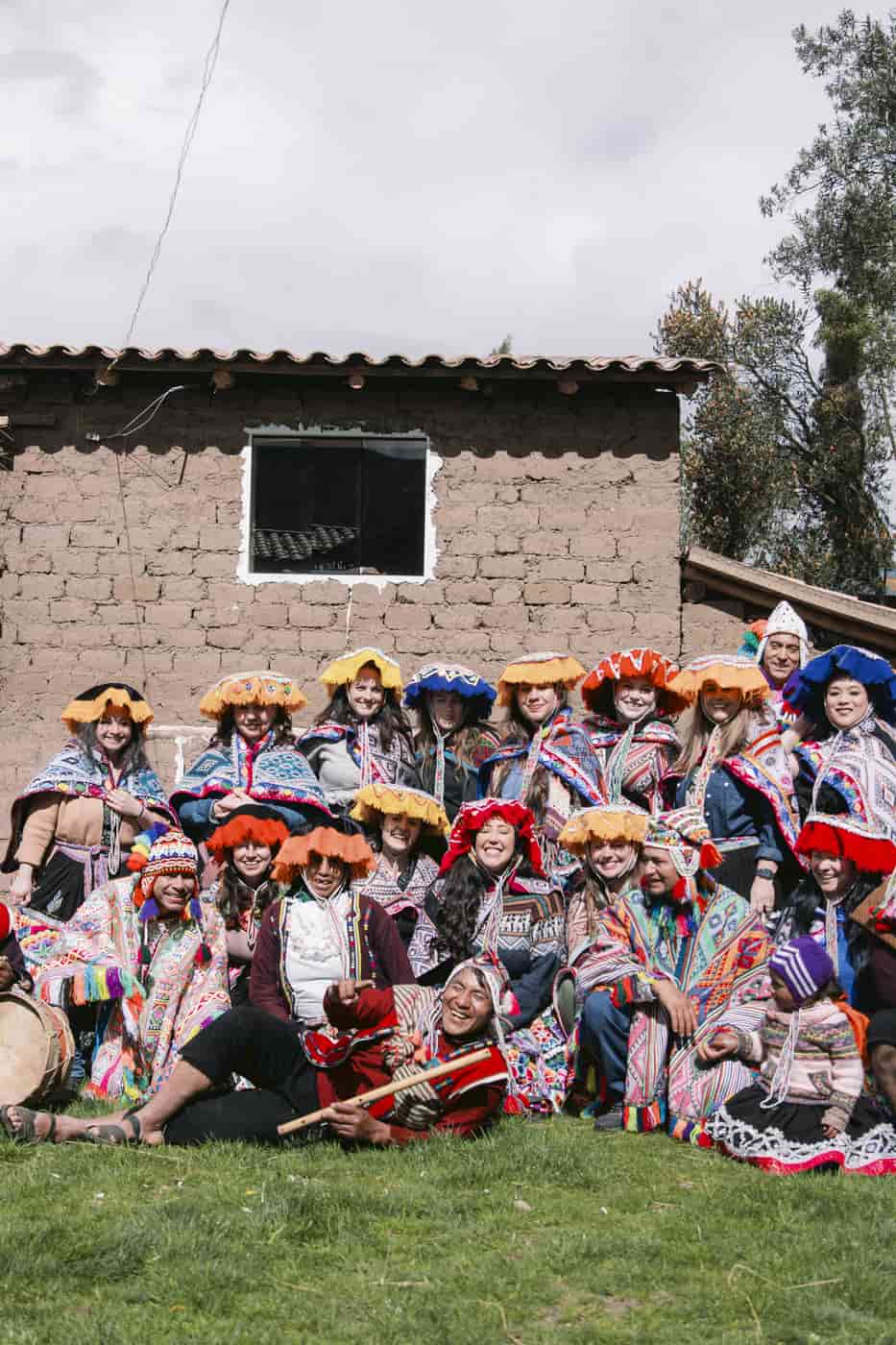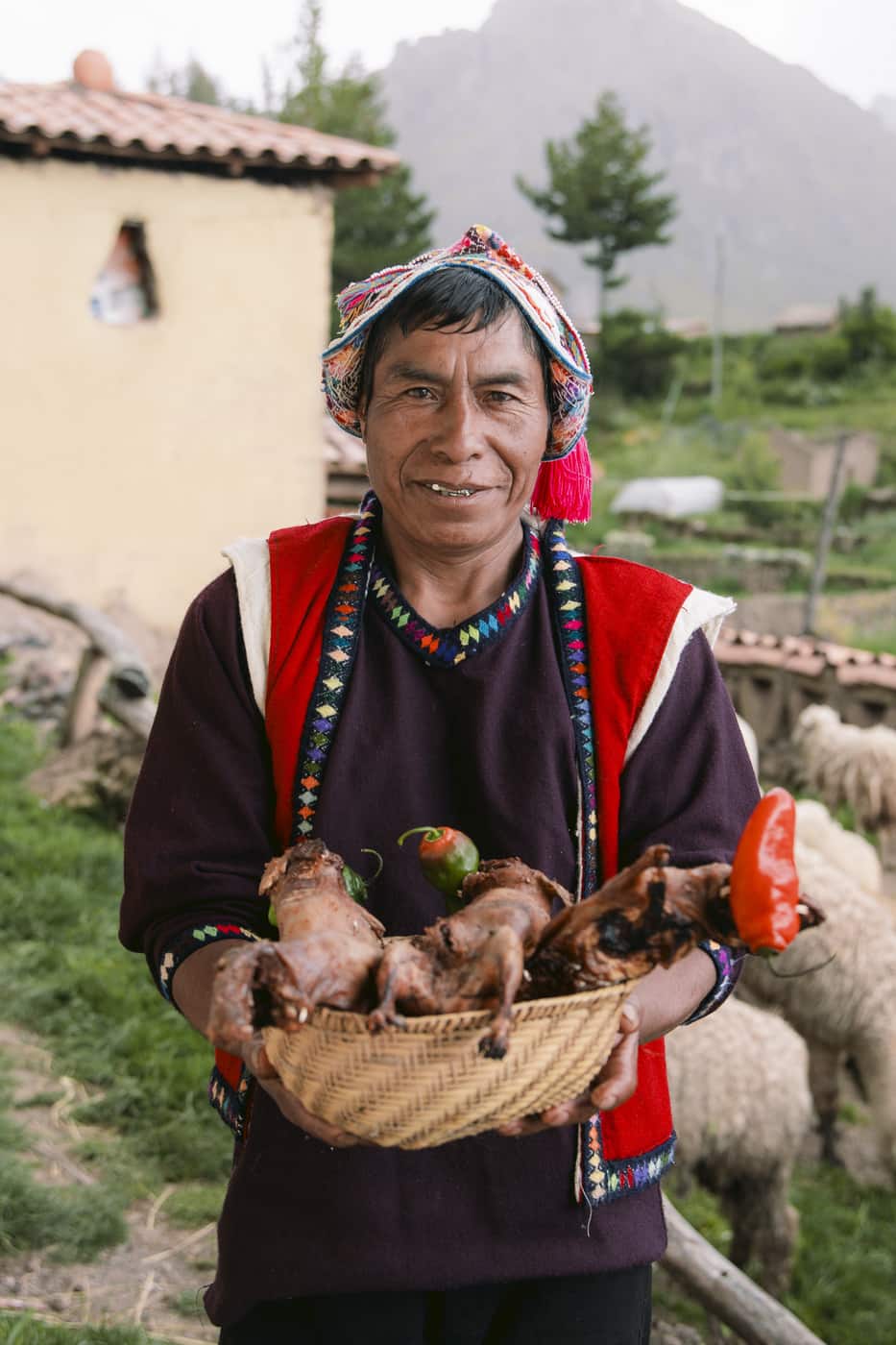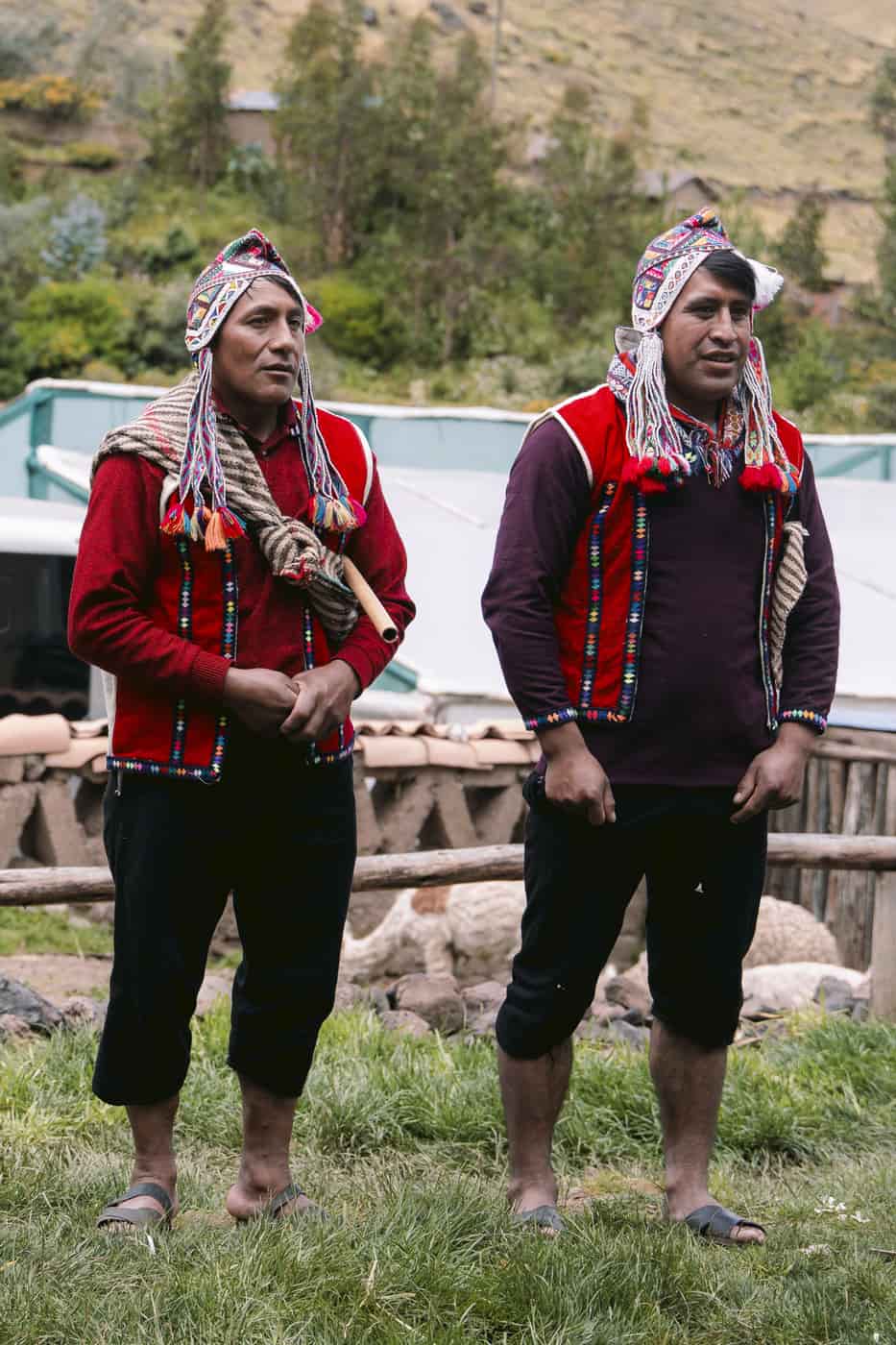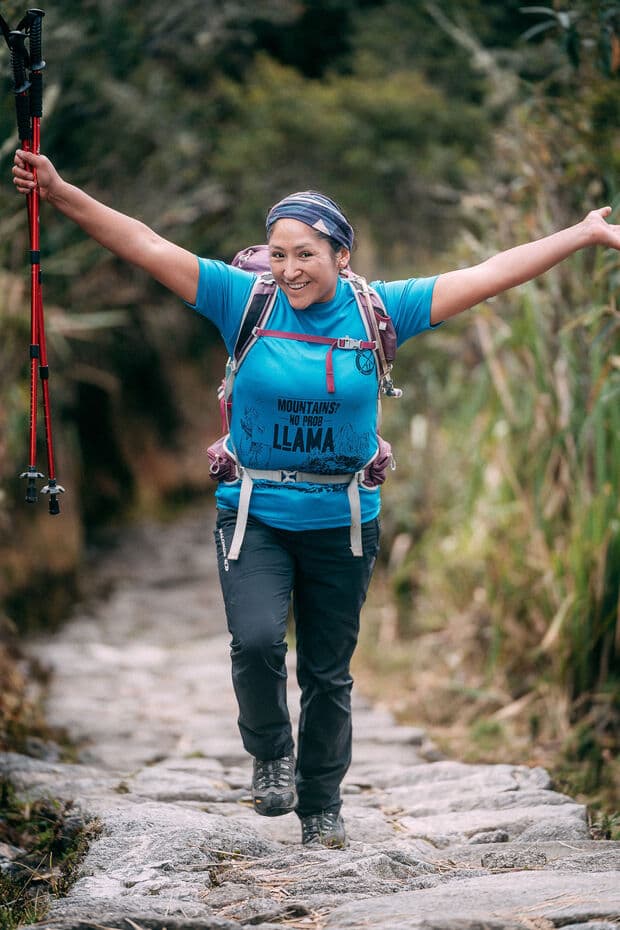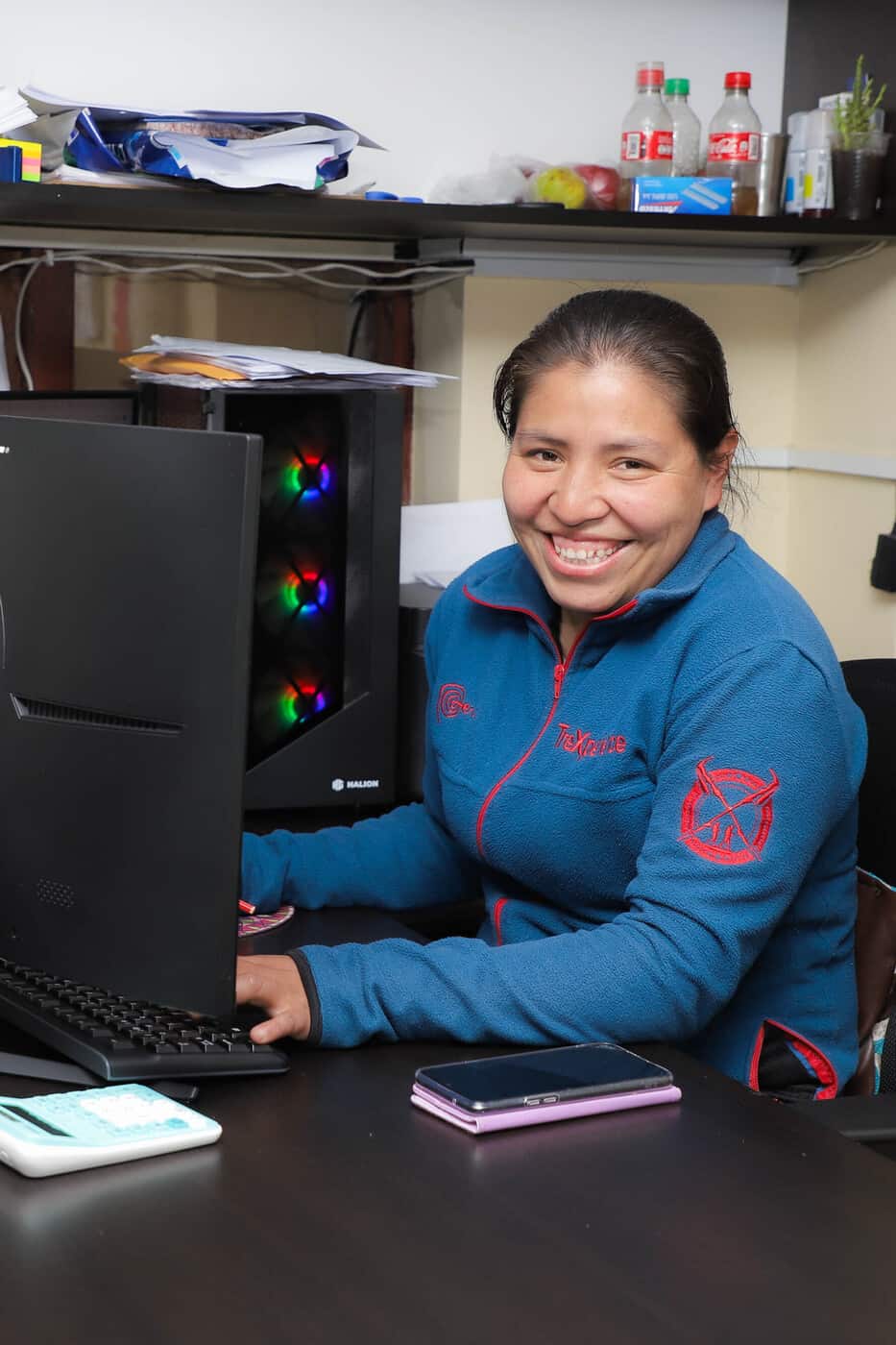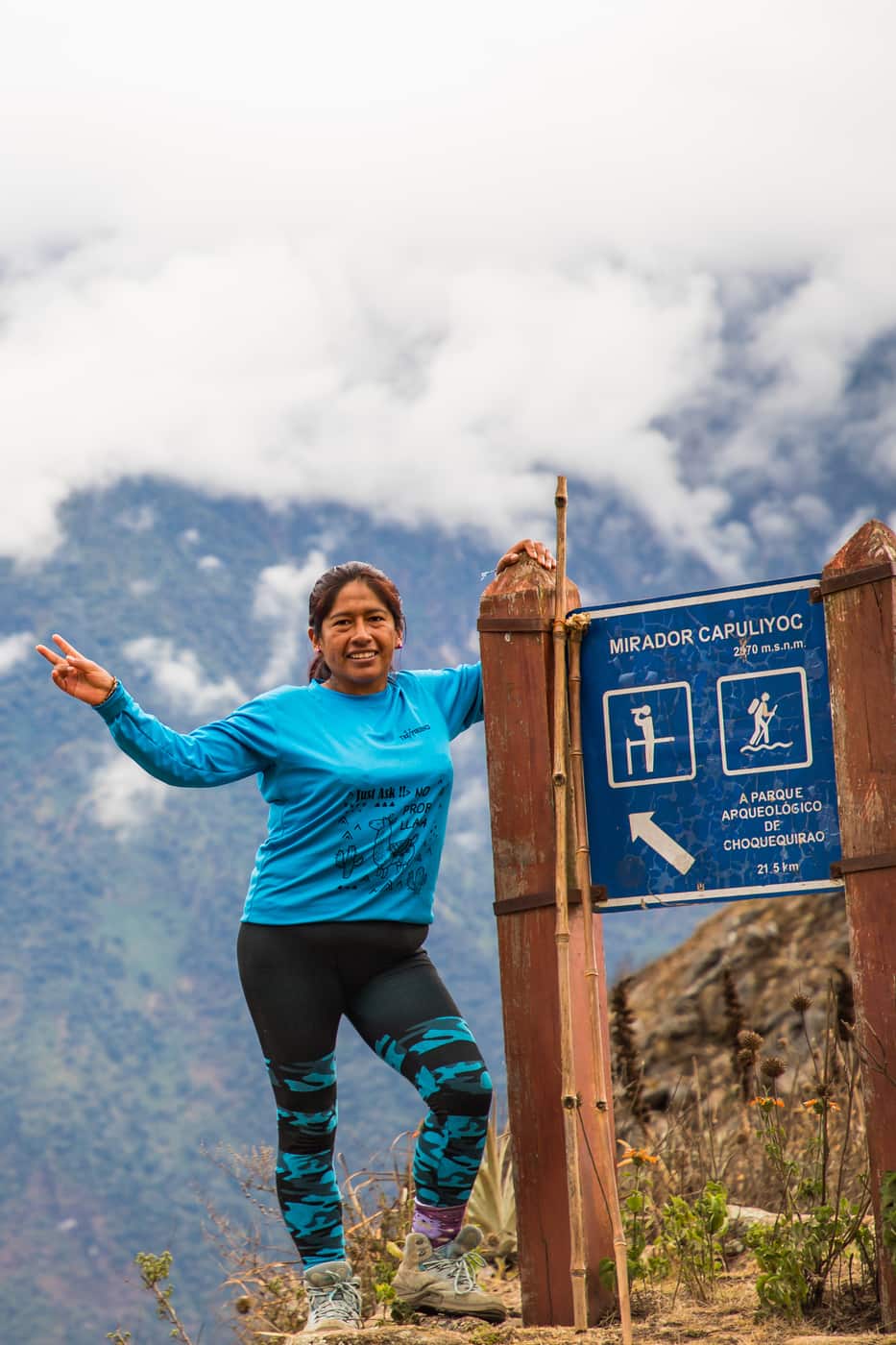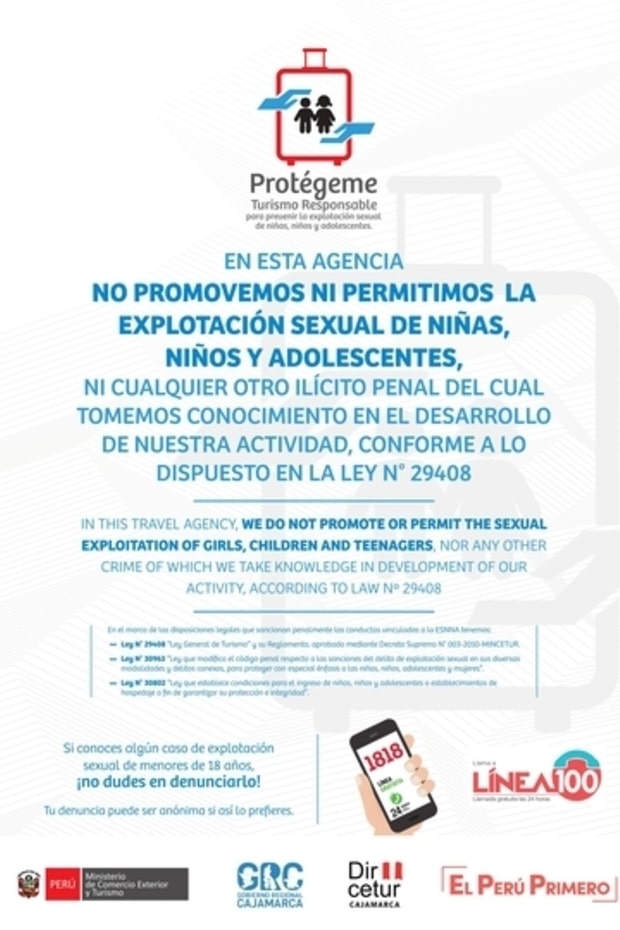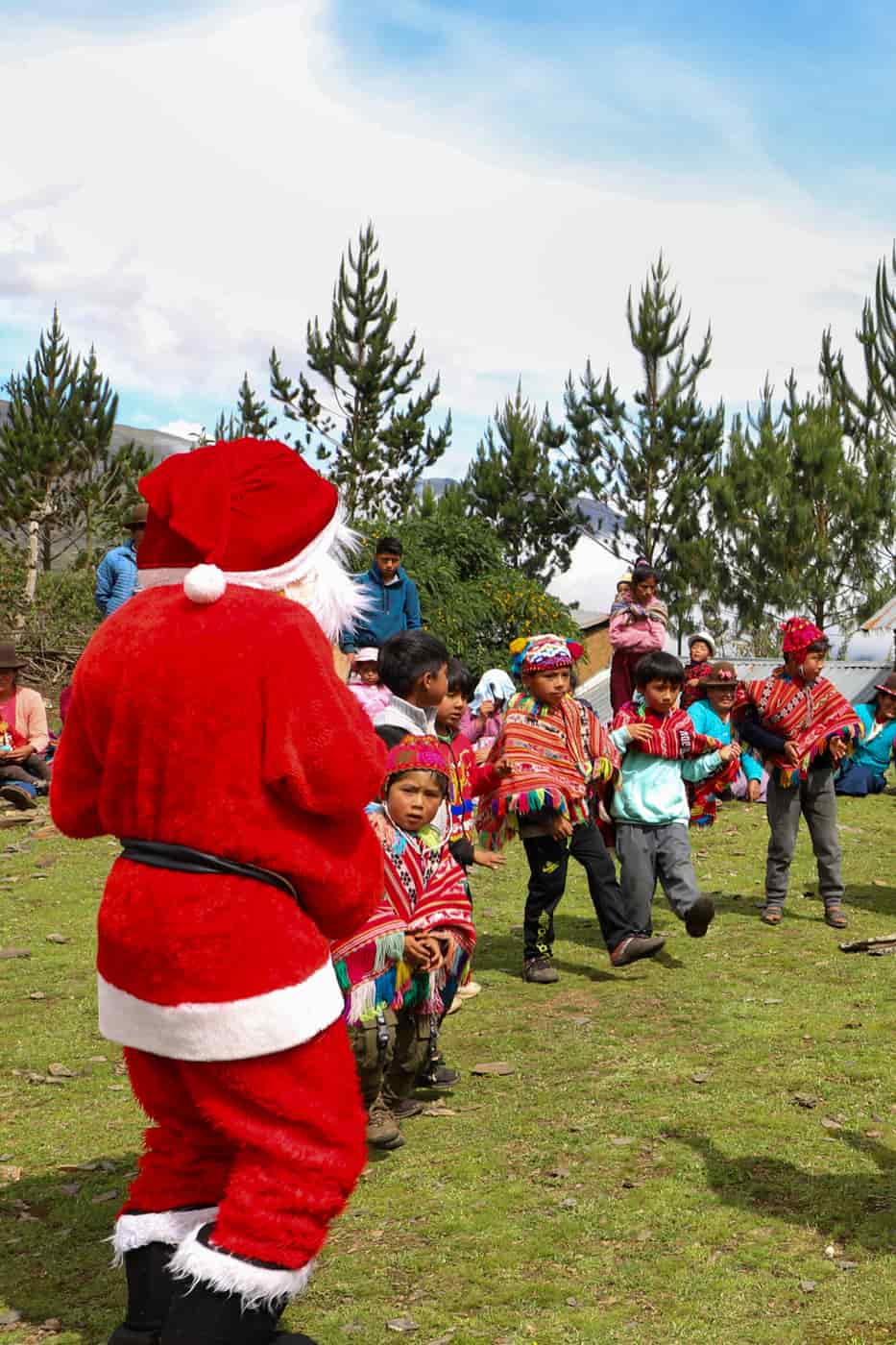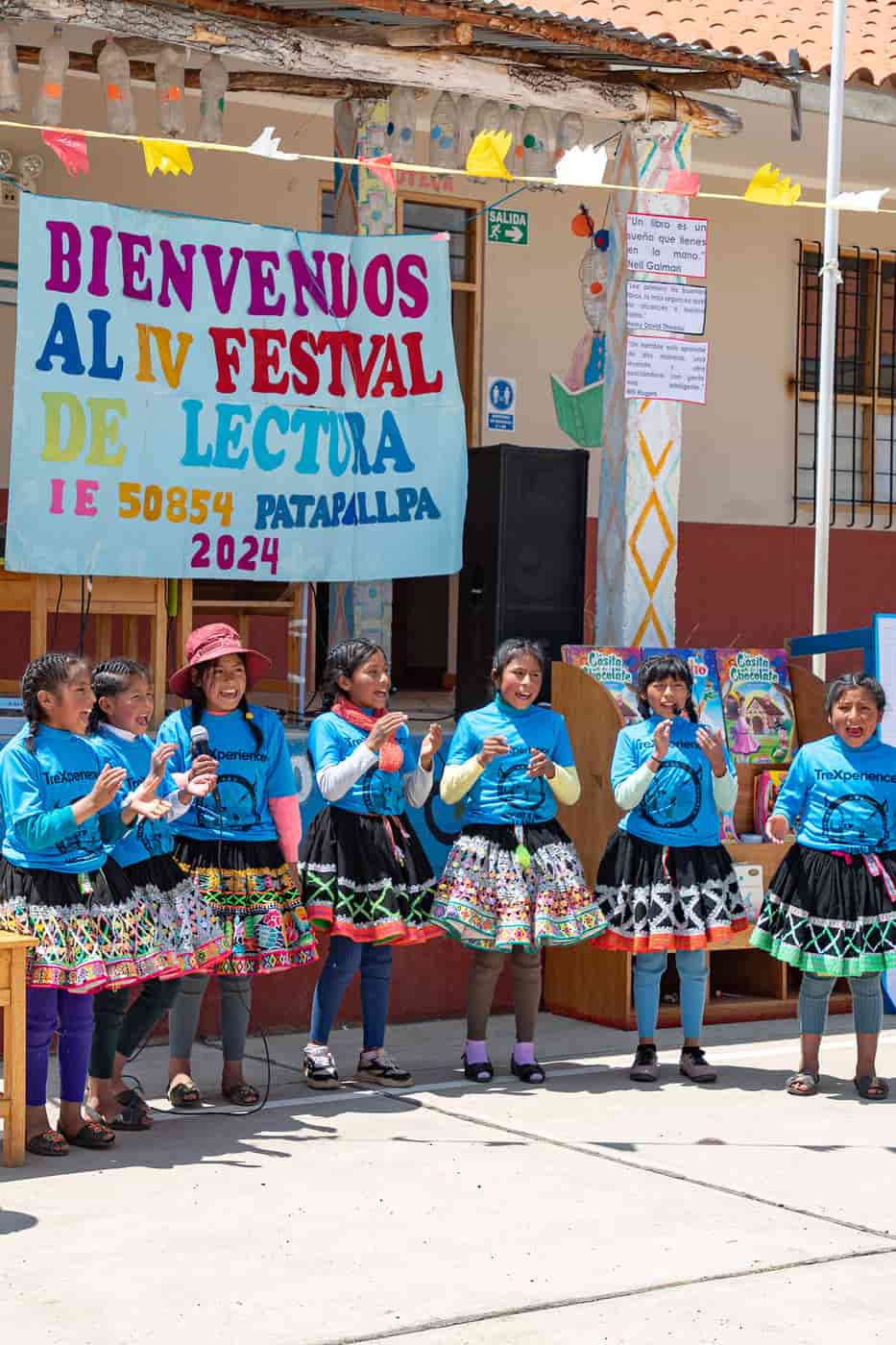At TreXperience, we believe that responsible travel is about making conscious decisions that positively impact the places we visit, the people we meet, and the cultures we experience. Responsible travel is reflected in our daily actions—how we operate tours, interact with local communities, and educate travelers to make better choices during their trips.
Supporting Local Communities
We hire local guides, porters, and chefs, ensuring they receive fair wages and opportunities for growth. By investing in community projects like schools and healthcare, we help local communities thrive. Our efforts create long-term, meaningful changes, ensuring that tourism directly benefits the people in the regions we explore.
We work closely with communities to preserve local customs and traditions. By fostering cultural exchanges, we enrich the travel experience while ensuring that tourism helps safeguard Peru’s cultural identity for future generations.
At TreXperience, we ensure that every interaction with local communities is respectful and mindful of their traditions. We promote responsible tourism by encouraging travelers to honor Peru's rich cultural heritage and engage with locals in meaningful and respectful ways.
Empowering Women
TreXperience promotes gender equality by hiring and promoting women in leadership roles. Whether they are guides or chefs, we ensure that women have equal opportunities to thrive in tourism-related positions.
We actively support initiatives that empower women through education, training, and financial support. By encouraging female leadership and providing resources, we help create long-term, positive changes for women in local communities.
Traveler's Code of Conduct
We encourage all travelers to follow a simple code of conduct to ensure responsible travel. By respecting local people, cultures, and the environment, you help us ensure that tourism benefits everyone:
- Learn about the places you will visit, including history, culture, and any restrictions.
- Communicate with locals using basic Spanish or Quechua.
- Respect local customs and always ask permission before taking photos.
- Donate educational items instead of sweets to children.
- Avoid purchasing cultural heritage items like Inca artifacts or antique textiles.
- Buy from local artisans, paying a fair price.
- Leave no trash behind—help us keep the environment clean.
Code Against Sexual Exploitation of Children (ESNNA)
The Ministry of Foreign Trade and Tourism (MINCETUR) has established a policy against the sexual exploitation of children and young people (ESNNA).
Additionally, the ESNNA regulation and TreXperience have agreed on joint actions to prevent and prevent the problems that have been mentioned above. As a result, we are making the following announcement:
- We are against any sexual exploitation of children and young people in Peru and around the world, particularly in any form that is associated with travel and tourism, because this is an activity that violates fundamental human rights and is incompatible with the goals that are inherently associated with our company.
- Following the points as mentioned above, we condemn those who use tourist activities and the opportunities and services they provide to encourage, facilitate, or justify the sexual exploitation of girls, boys, and young people.
- We condemn those who use tourist activities and the opportunities and services they provide to encourage, facilitate, or justify the sexual exploitation of girls.
TreXperience, Joins the fight against the sexual exploitation of children and adolescents in the tourism industry by subscribing to this code of conduct for all travelers and staff:
- Upholding an ethical policy categorically opposing the sexual exploitation of children and young people.
- The staff must be informed and educated about the firm's policy to prevent the sexual exploitation of children and young people while on trips and tours.
- Put signs in a visible location to remind consumers and suppliers of your stance on the sexual exploitation of children and teens in travel and tourism.
- Include a statement in contracts with travel providers that collectively oppose the sexual exploitation of young people of both sexes, including girls, boys, and young adults. The following passages will be utilized: "The travel and tourist sector supports young people and children without engaging in sexual exploitation. Because of this, we do not tolerate any behavior that encourages the sexual abuse of children and young people."

